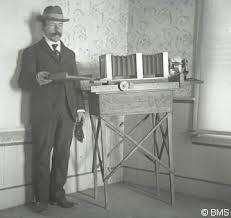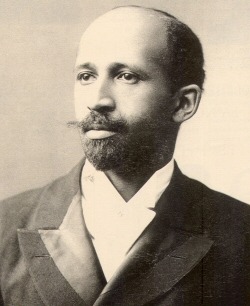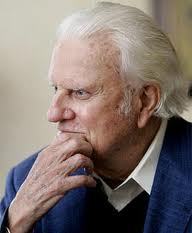
For the past couple of weeks, snow has covered our yards so you will not be surprised if I talk about “snowflakes.” How about the story of a man who named the snowflake?
Wilson Alwyn Bentley lived in Vermont and was fascinated by snow. He found a way to put snowflakes on black velvet and photograph them, testing the hypothesis that no two are exactly the same. He photographed and published more than 5,000 individual snowflakes, and was given a nickname — “Snowflake.”
Bentley, who lived from 1865 to 1931, examined snowflakes under a microscope and discovered they were all miracles of beauty. “Every crystal was a masterpiece of design, and no one design was ever repeated,” he wrote.
He is not the only person who should be given the nickname “Snowflake.” We all should. Each of us is a miracle of beauty, a masterpiece of design, and no one design is ever repeated.
Are we irregular? Of course! All kindsof irregularities — physical, mental, emotional, spiritual, you name it. We are irregular human beings but still miracles of beauty, shaped in uniqueness by a loving and creative Creator.
Psalm 27 begins with the words, “The Lord is my light and my salvation; whom shall I fear? The Lord is the stronghold of my life; of whom shall I be afraid?” If we are, in fact, God’s snowflakes — precious, unique and transient — then we need a Lord to sustain us. Otherwise, we are going to melt, disappear and be lost forever.
Bible scholar J. Clinton McCann points out how these words challenge us to make a choice between faith and fear. Either we make the faith choice, seeing God as “my light and my salvation,” or we make the fear choice, looking for the answer to the question, “whom shall I fear?”
We do not have to go far to find something to fear. We know we are vulnerable to physical illnesses, emotional distresses, relational breakdowns, economic stresses and spiritual crises. Sometimes we feel as delicate and transient as snowflakes. But if we make the faith choice, our future looks different. We are not so vulnerable if we put our trust in God to sustain us.
In 1988, two identical snowflakes were discovered and photographed, disproving the hypothesis that no two are exactly the same. Poor “Snowflake” Bentley would have been disappointed.
But human beings can still be miracles and masterpieces while having important things in common — particularly our shared need for God’s presence and power. We can hold onto our individual identities and distinctive characteristics while working together to choose faith over fear. And there is nothing flaky about that!


 Christmas, besides being one of the “holiest” times of the year, is also a time for food, family and fun. Movies are planned to premier at this time of year recognizing the relaxed schedule. If you go to a movie, you must see “Lincoln.” I will write about it in another article, but outside of some language, you will be thrilled and inspired by Steven Spielberg’s view of our 16th president.
Christmas, besides being one of the “holiest” times of the year, is also a time for food, family and fun. Movies are planned to premier at this time of year recognizing the relaxed schedule. If you go to a movie, you must see “Lincoln.” I will write about it in another article, but outside of some language, you will be thrilled and inspired by Steven Spielberg’s view of our 16th president. 
 What do the two candidates running for president have in common? Really. If you watch the candidates from a “fair, non-snarky” point of view they are both a bit “aloof” and from someone who has been accused of the same, I do not necessarily think that is a bad thing. Add to that, I found someone who agrees with me. Evan Thomas, in an article from Time magazine, “The Upside of Mystery” makes an excellent observation.
What do the two candidates running for president have in common? Really. If you watch the candidates from a “fair, non-snarky” point of view they are both a bit “aloof” and from someone who has been accused of the same, I do not necessarily think that is a bad thing. Add to that, I found someone who agrees with me. Evan Thomas, in an article from Time magazine, “The Upside of Mystery” makes an excellent observation.


